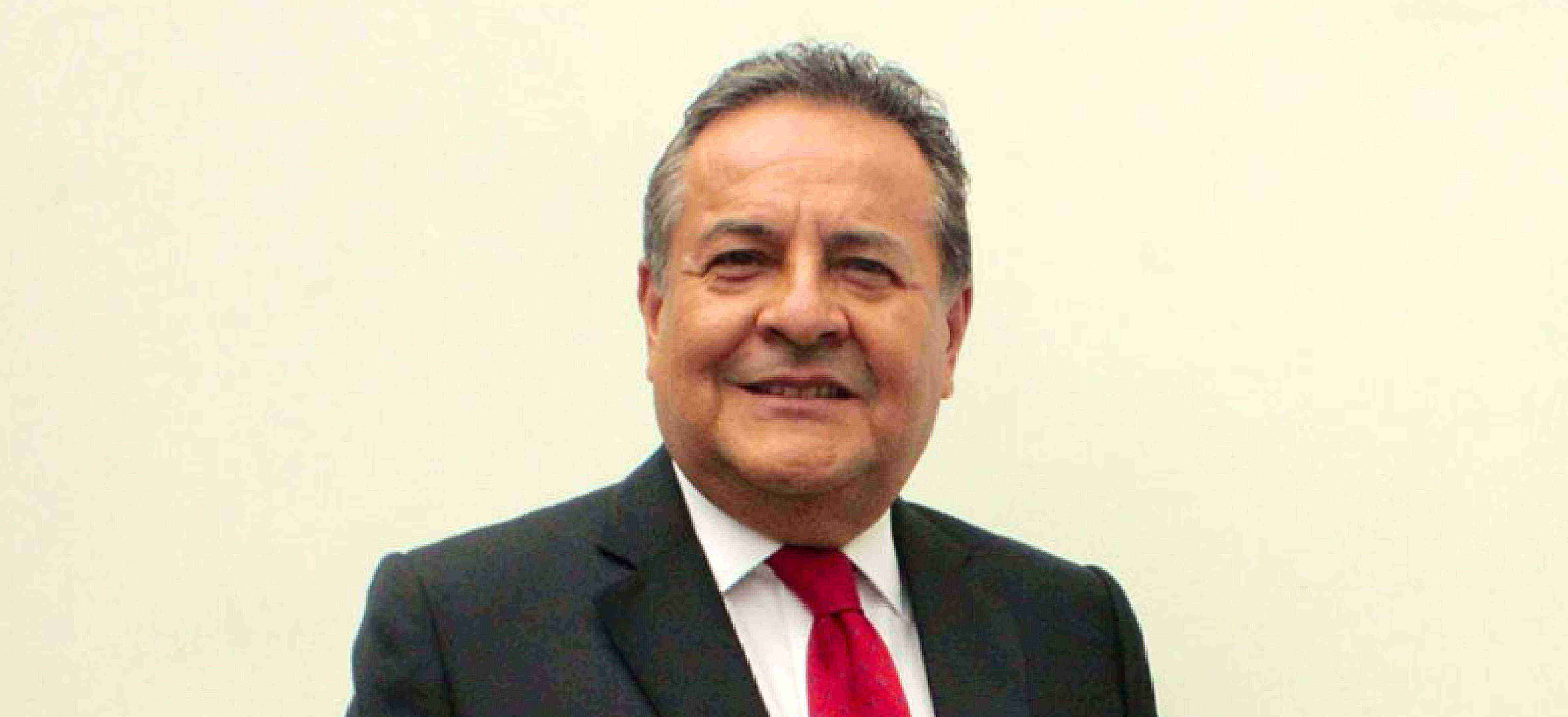Lima, MAY 4 2022 In Junín, 86% of the agricultural lands rely on rainfall to produce crops and receive no technical assistance

At Rumbo a PERUMIN – Consensuses for the progress of central Peru, Alfonso Velásquez, former chairman of Sierra y Selva Exportadora, engineer and economist graduated from Universidad Nacional de Ingenieria (UNI), explained that 86.7% of the agricultural lands in Junín depend on rainfall for crop irrigation, while the remaining 13% do have irrigation systems, although land application in these areas is deficient.
“Only 0.02% of all the agricultural land in the department has technical irrigation systems; we can, therefore, deduce that most farmers could lose their crops due to weather events,” he explained.
According to the expert, 97% of farmers in Junín practice family farming in plots that are 0.1 to 5 hectares in size, for the most part. There it is common to see low-performance issues and lower-quality crops, which is an obstacle when trying to enter the market.
The problem is further compounded by the little access to roads and their poor condition. This situation makes it difficult for farmers in the agricultural areas of the region to plan an adequate production and sign sale and purchase agreements.
“It is important to change the way peasant communities, irrigation users, and farmers in general think, as well as to strengthen responsible mining through development initiatives that will benefit these groups,” he observed.
Insufficient financial support
Alfonso Velásquez mentioned that, of the total budged allocated to the Regional Directorate of Agriculture—which amounts to PEN 17 million—only PEN 2 million are directed to training activities, technical assistance, and small projects, whereas most of it is used to pay pensions and current expenses.
“Still, despite all the difficulties, the agricultural sector injects into Junín’s economy a gross production value (GPV) of 10.5 a year on average,” underscored the also former chairman of the Regional Association of Exporters of Lambayeque.
Agreements and Public Works for Taxes
On this matter, in order to boost Junín’s agricultural activity, he proposed to increase the investments made in the Public Works for Taxes mechanism, but focusing on the agricultural sector, “since it is the people in this sector who are most in need and who have a negative concept of mining.”
He also pointed out that it is necessary to sign interinstitutional agreements to co-finance the improvement of irrigation infrastructure, technical land irrigation with modern greenhouses, and water sowing and harvest for water availability.







